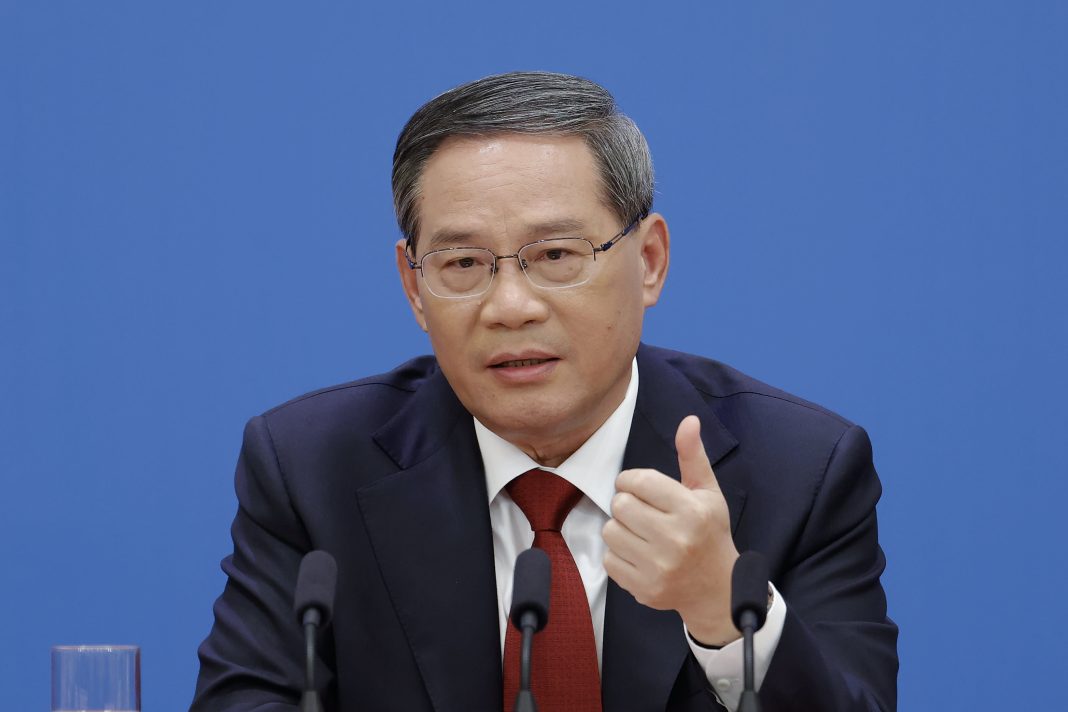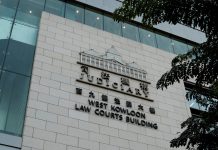BEIJING: Premier Li Qiang has warned of the risks arising from mounting unilateralism and protectionism, and called for joint efforts to foster an environment conducive to regional development and safeguard peace and stability in East Asia.
Li made the remarks on Monday when attending the 28th ASEAN Plus Three Summit, the 5th RCEP Leaders’ Meeting and the 20th East Asia Summit, all of which were held in Kuala Lumpur, Malaysia.
At the ASEAN summit, which gathered leaders from member states of the Association of Southeast Asian Nations, as well as China, Japan and the Republic of Korea, Li called for upholding openness and cooperation while addressing the growing challenges and increasing uncertainty and instability that the East Asian economy is facing.
He urged all parties to remain committed to properly resolving differences through dialogue and consultation, jointly uphold free trade and the multilateral trading system, oppose protectionism in all forms, and consistently advance the integration process of the regional economy.
Emphasizing the need to intensify industrial and supply chain cooperation, he expressed China’s readiness to work with all parties to strengthen regional economic and financial collaboration.
Leaders from participating countries acknowledged the significant role of the ASEAN Plus Three cooperation mechanism in addressing challenges and promoting development.
Pointing to the growing uncertainty in the global landscape and the resurgence of trade protectionism, they emphasized the need to enhance solidarity and cooperation and uphold a peaceful, stable environment and multilateral trading system.
At the RCEP meeting, Li highlighted the rise of unilateralism and protectionism as significant risks to the region.
He called for accelerating the expansion process of the Regional Comprehensive Economic Partnership, and supporting applicants such as China’s Hong Kong Special Administrative Region in joining the free trade treaty.
As the world’s largest free trade agreement, the RCEP covers 10 ASEAN member states as well as China, Japan, the ROK, Australia and New Zealand. In January 2022, Hong Kong formally submitted its application to join the treaty.
While urging the RCEP members to safeguard the multilateral trading system, Li reaffirmed China’s commitment to ASEAN’s centrality in the agreement, and expressed the country’s willingness to work with all parties to uphold true multilateralism and maintain the stability of the regional multilateral trading system.
Leaders from participating countries of the RCEP acknowledged the increasing global economic instability and the challenges facing the multilateral trading system. They emphasized the need to strengthen the cooperation mechanism, promote membership expansion and achieve substantial outcomes in trade, investment, innovation and the digital economy.
They also underscored the importance of upholding a free, fair and open multilateral trading system to benefit the transformation and development of countries and the region’s forward-looking and inclusive growth.
Addressing the 20th East Asia Summit, Li said that economic globalization and multipolarization are irreversible, and called for firm actions to safeguard a free trade system and strive to build a high-level regional free trade network.
He emphasized that the world should not return to the law of the jungle, where the strong bully the weak, saying that the more turbulent the international situation becomes, the more important it is to uphold the authority of the international rule of law. –The Daily Mail-China Daily news exchange item





